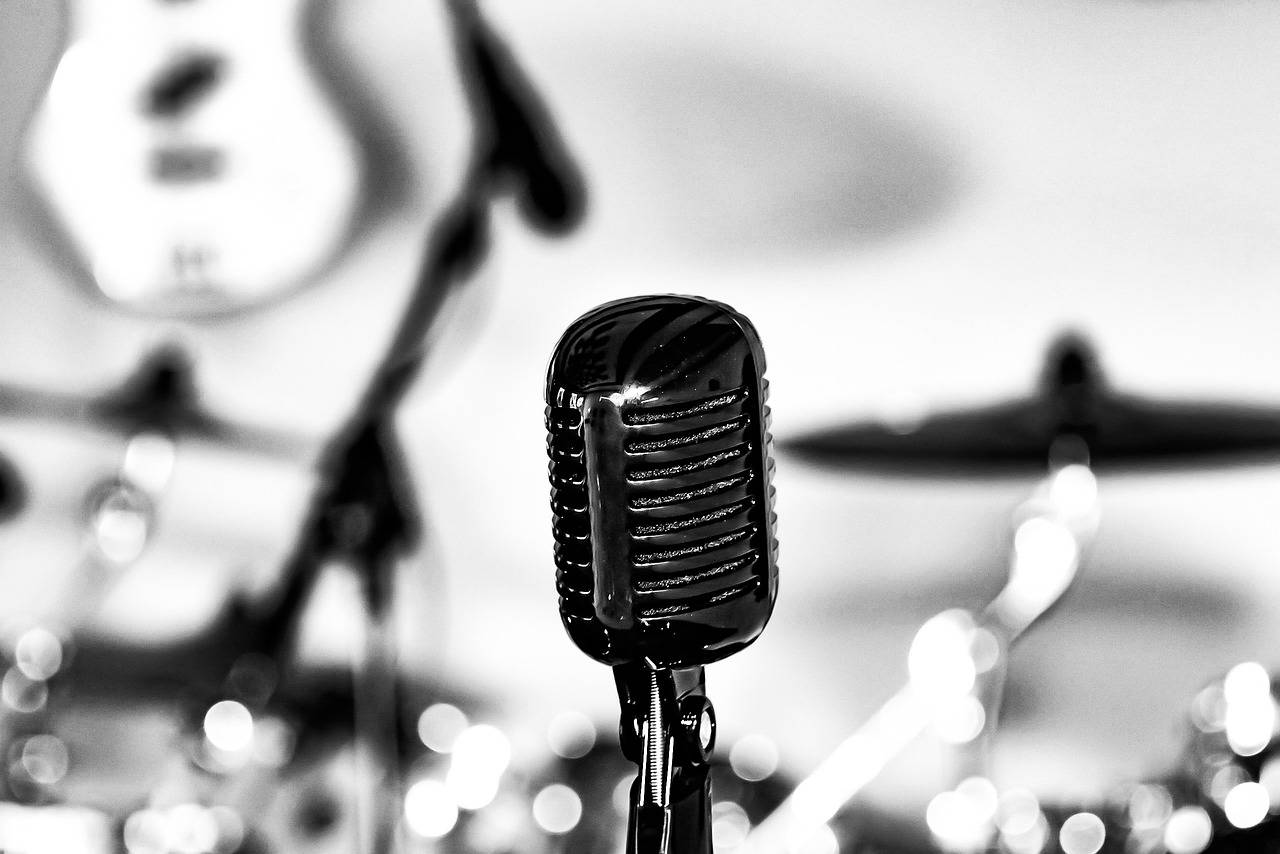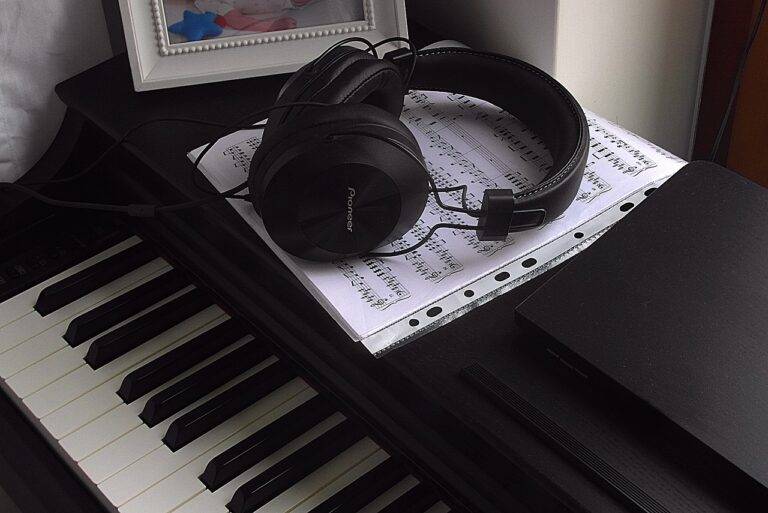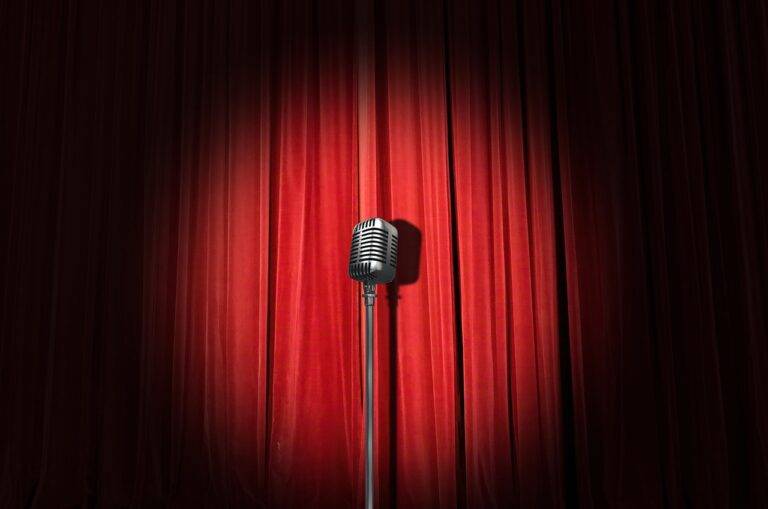The Future of AI-Generated Music: Exploring Creative Possibilities and Ethical Concerns
AI-generated music has the potential to revolutionize the music industry as we know it. With advancements in technology and machine learning algorithms, AI is now capable of composing original pieces that rival those created by human musicians. This opens up a world of possibilities for creating new genres, styles, and sounds that may have never been explored before.
One of the key impacts of AI-generated music is the ability to cater to individual listener preferences on a large scale. By analyzing data on listening habits and feedback, AI can create personalized music recommendations that resonate with each listener on a deeper level. This level of customization has the potential to enhance user experience, increase engagement, and ultimately drive more revenue for artists and music platforms alike.
The Role of Machine Learning in Creating AI-Generated Music
Machine learning plays a crucial role in the creation of AI-generated music. By analyzing immense amounts of data, algorithms can identify patterns and trends that help produce original compositions. This technology enables the system to learn from existing music styles, allowing it to generate new pieces that approximate human creativity.
One of the main advantages of using machine learning in AI-generated music is its ability to enhance efficiency and creativity. By continuously processing music data, algorithms can refine their output and evolve compositions over time. This iterative process not only saves time but also opens up new avenues for innovation in the music industry.
How does machine learning play a role in creating AI-generated music?
Machine learning algorithms analyze large amounts of music data to understand patterns and trends, which are then used to generate new compositions.
What is the potential impact of AI-generated music on the music industry?
AI-generated music has the potential to revolutionize the music industry by providing artists with new tools for creativity and allowing for more personalized music experiences for listeners.
Can AI-generated music be as good as music created by human musicians?
AI-generated music has shown promising results in terms of composition and production quality, but the emotional depth and creativity of human musicians are still unmatched.
Will AI-generated music replace human musicians in the future?
While AI-generated music can be a valuable tool for musicians, it is unlikely to completely replace human musicians as the unique human touch and emotions in music are highly valued by listeners.
How can AI-generated music benefit musicians and the music industry?
AI-generated music can help musicians in the creative process by providing inspiration, generating new ideas, and even assisting with production tasks. It can also open up new opportunities for experimentation and collaboration in the music industry.





